A famous economist once told me: the state budget is limited but the needs are many, urgent everywhere. For example, if the family is poor and has many children, smart investment is to prioritize the child who has the ability to support the whole family.
I kept thinking about that statement when studying the draft Law on Vocational Education (amended). It is clear that this field needs to be prioritized because of its mission to the country's economy. Human resources are the backbone of the economy, while vocational education is where the skilled workforce is created - the decisive factor for national competitiveness in the period of global integration.
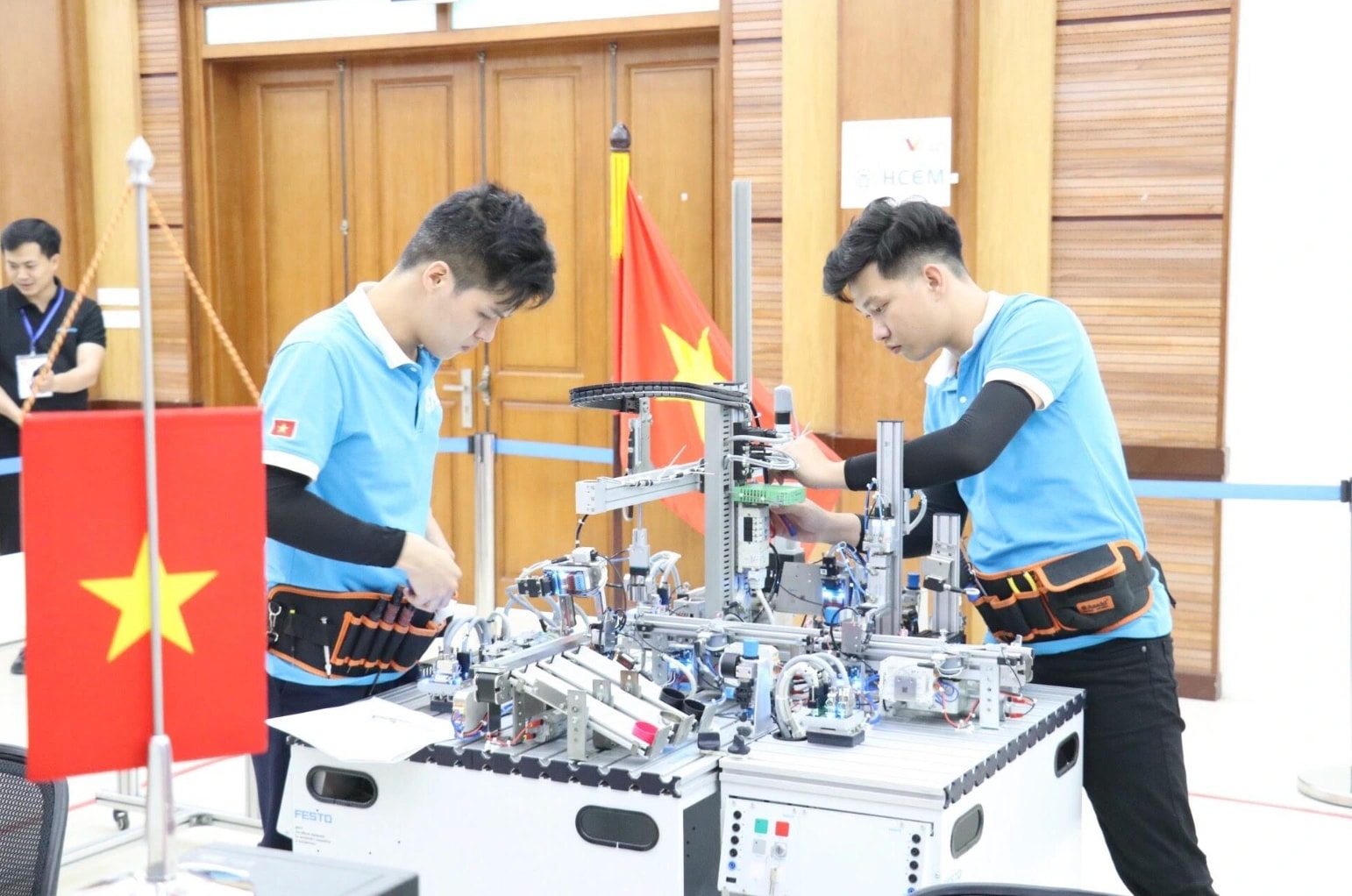
We are demanding double-digit economic growth. That growth is the convergence of construction sites, factories, from the hands of skilled workers and technicians who are the direct force operating the production machine, turning knowledge into products, and turning technology into wealth.
Resolution No. 71-NQ/TW of the Politburo on breakthroughs in education and training development has clearly stated: “Vocational education plays a key role in developing a highly skilled workforce”. The mission of vocational education has thus been affirmed!
This not only solves the problem of human resources, but also increases labor productivity, increases the competitiveness of the economy, opens up the path to self-reliance and career development for millions of young people. In essence, this is a direct bridge between education and production, between school and market. It is not a "reluctant turn" but a solid path to the future.
In the context of the Fourth Industrial Revolution, this role becomes even more vital. Artificial intelligence, automation, green technology, renewable energy… are transforming the labor market. A series of old jobs disappear, a series of new jobs appear. If vocational education is not one step ahead, it will lead to a paradox: surplus labor but shortage of human resources. And then, the opportunity for a breakthrough will pass before our eyes.
Therefore, vocational education has a historic mission: to train a workforce that is not only skilled in their profession, but also capable of adapting, being creative, and learning throughout life, especially applying artificial intelligence and digital platforms. Not only training “workers” but also training global citizens with solid careers, who can work in any environment, domestically or internationally. That mission has both economic and social significance, and demonstrates the strategic vision of a country aspiring to be powerful.
To make the mission a reality, fundamental, drastic and long-term solutions are needed.
First of all , we need to end the notion that “only university is prestigious”. The development path of many countries such as Germany, Japan, and South Korea has proven that a strong country is a country with a large number of skilled workers and practical engineers. Vietnam must also build a culture of honoring the profession, valuing skilled workers as much as valuing academic knowledge. In the current social environment, the mentality of valuing degrees is still heavy, this is not easy but must be done.
Second , strongly innovate training content and methods. Vocational training programs must go directly to market needs, linked to businesses, linked to new technology. It is impossible to train according to a closed curriculum, far from reality. Each lesson must have the breath of modern production, real combat, each practice must reflect the actual needs of factories and production workshops. Especially, it is necessary to pay attention to digital technology, applying artificial intelligence, so that workers can easily adapt to changes in the labor market.
Third , internationalize the vocational education system. Vietnamese workers not only serve the domestic market, but also participate in the global value chain. Therefore, vocational qualifications must be widely recognized, and training programs must be compatible with regional and world standards. Only then can we export high-quality human resources, both bringing foreign currency to the country and raising the national status.
Fourth , adequate investment is needed. Quality vocational education cannot exist in outdated workshops with decades-old tools. The government must see this as an investment in the future, not an immediate expense. At the same time, businesses need to be involved, because they are the ones who directly benefit from a high-quality workforce.
Finally , build a vocational education development strategy linked to the national human resource development strategy. There must be a mechanism to attract experts and highly skilled people both domestically and internationally to participate in vocational training. Any socio-economic goals cannot be achieved without qualified people to carry them out.
The aspiration for power can only be realized with the strong application of science and technology, with the golden minds and hands of millions of well-trained workers in many fields. Vocational education must be placed in its pioneering role to contribute to the country's breakthrough in the new era of the nation!
Source: https://daibieunhandan.vn/su-menh-cua-giao-duc-nghe-nghiep-10390686.html






![[Photo] Closing ceremony of the 18th Congress of Hanoi Party Committee](https://vphoto.vietnam.vn/thumb/1200x675/vietnam/resource/IMAGE/2025/10/17/1760704850107_ndo_br_1-jpg.webp)

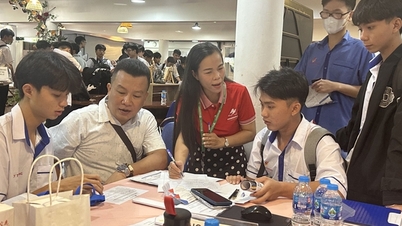

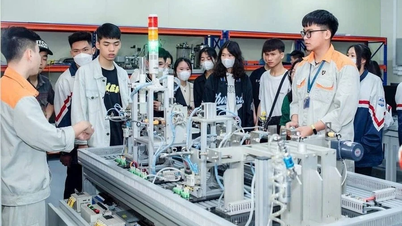


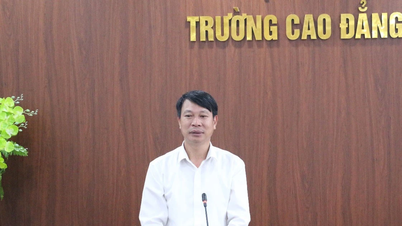
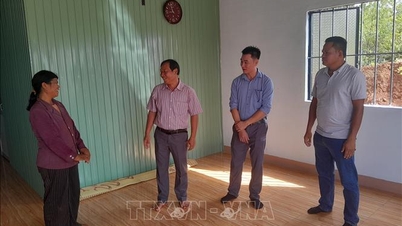

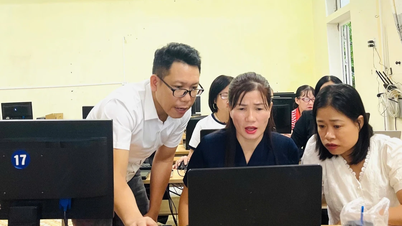



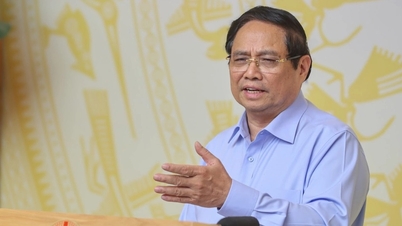

![[Video] Bureaucratic officials who are distant from the people can be dismissed](https://vphoto.vietnam.vn/thumb/402x226/vietnam/resource/IMAGE/2025/10/18/1760772667523_720-jpg.webp)

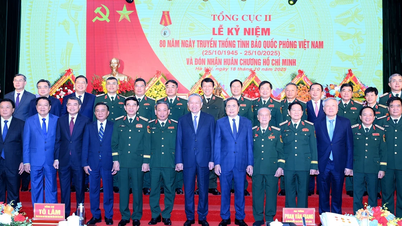
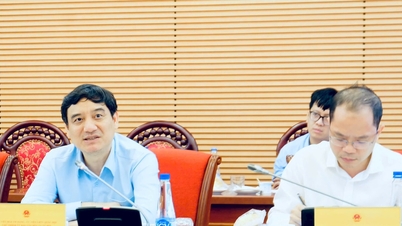




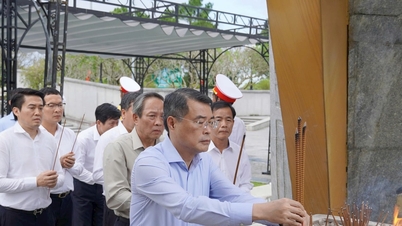
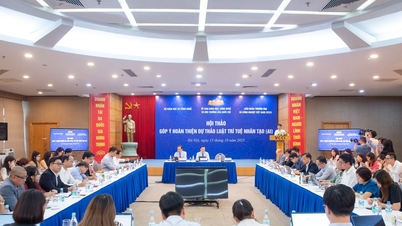

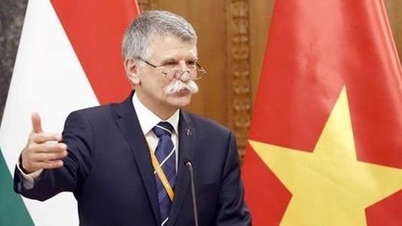



![[Photo] Nhan Dan Newspaper launches “Fatherland in the Heart: The Concert Film”](https://vphoto.vietnam.vn/thumb/1200x675/vietnam/resource/IMAGE/2025/10/16/1760622132545_thiet-ke-chua-co-ten-36-png.webp)



































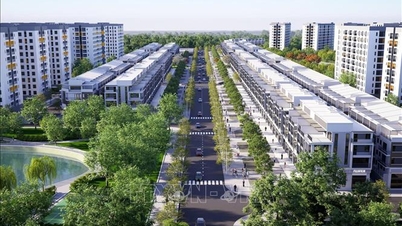







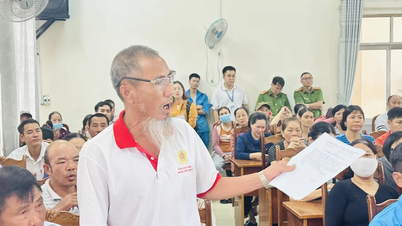

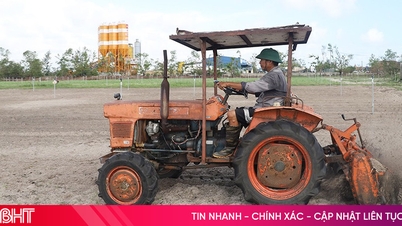



![[Infographic] Organizing to collect public opinions on draft documents to be submitted to the 14th National Party Congress](https://vphoto.vietnam.vn/thumb/402x226/vietnam/resource/IMAGE/2025/10/18/1760774470262_anh-bia-copy.jpeg)


















Comment (0)